Not his real name.
THE LONG ROAD HOME
A Story of War and Family
M ARTHA R ADDATZ
G. P. PUTNAMS SONS NEW YORK

G. P. PUTNAM S SONS
Publishers Since 1838
Published by the Penguin Group
Penguin Group (USA) Inc., 375 Hudson Street, New York, New York 10014, USA Penguin Group (Canada), 90 Eglinton Avenue East, Suite 700, Toronto, Ontario M4P 2Y3, Canada (a division of Pearson Penguin Canada Inc.) Penguin Books Ltd, 80 Strand, London WC2R 0RL, England Penguin Ireland, 25 St Stephens Green, Dublin 2, Ireland (a division of Penguin Books Ltd) Penguin Group (Australia), 250 Camberwell Road, Camberwell, Victoria 3124, Australia (a division of Pearson Australia Group Pty Ltd) Penguin Books India Pvt Ltd, 11 Community Centre, Panchsheel Park, New Delhi110 017, India Penguin Group (NZ), 67 Apollo Drive, Mairangi Bay, Auckland 1311, New Zealand (a division of Pearson New Zealand Ltd) Penguin Books (South Africa) (Pty) Ltd, 24 Sturdee Avenue, Rosebank, Johannesburg 2196, South Africa
Penguin Books Ltd, Registered Offices:
80 Strand, London WC2R 0RL, England
Copyright 2007 by Martha Raddatz
All rights reserved. No part of this book may be reproduced, scanned, or distributed in any printed or electronic form without permission. Please do not participate in or encourage piracy of copyrighted materials in violation of the authors rights. Purchase only authorized editions. Published simultaneously in Canada
Library of Congress Cataloging-in-Publication Data
Raddatz, Martha.
The long road home: a story of war and family / Martha Raddatz.
p. cm.
ISBN: 978-1-1012-0679-9
1. Iraq War, 2003Personal narratives, American. 2. Raddatz, Martha.
3. SoldiersUnited StatesBiography. I. Title.
DS79.76.R33 2007 2006037332
956.7044'3092dc22 [B]
While the author has made every effort to provide accurate telephone numbers and Internet addresses at the time of publication, neither the publisher nor the author assumes any responsibility for errors, or for changes that occur after publication. Further, the publisher does not have any control over and does not assume any responsibility for author or third-party websites or their content.
Version_3
For the men and women of the U.S. military
and the families who support them.
And for my own familyTom, Greta, and Jake.

Some guys have seen things that no one ever wants to see. I understand now what it means when you go to a veterans ceremony and you see the old veterans get together and hug and cry, and you never really understood it. I understand it now.
Lieutenant Colonel Gary Volesky
Contents
 1900 hours
1900 hours
April 4, 2004
Sadr City, Iraq
W HERE THE LIGHT SHONE THAT EVENING , it illuminated only gore and the clenched faces of soldiers unaccustomed to pain.
There were so many young men, more than thirty, and they had arrived so unexpectedly that the cramped concrete aid station was quickly overrun. The overflow lay outside, soldiers naked and bleeding, on the cooling sands of Camp War Eagle. Dry wails or an occasional whispered plea of Sir came from those who could muster a voice, as the medics moved among them. Others were silent, breathing in staccato gasps, as if rationing what little air they had left.
With no electricity and with darkness beginning to settle, the medics relied on the dust-caked headlights of Humvees circled around the aid station to help guide their fingers to the source of each trauma. The splayed black hole of a gunshot wound here, the rip of shrapnel there. Narrow beams from flashlights allowed them to probe more carefully the chunks of splintered bone, extract bits of steel, and bundle and bind wayward intestines.
On a signal from the medics, two of the most catastrophically wounded survivors were swaddled in sleeping bags and rushed to the roaring belly of a nearby helicopter.
Standing amid the chaos was Colonel Robert Abrams, commander of the brigade to which these men belonged. The son of legendary Vietnam War general Creighton Abrams (for whom the army had named its biggest tank), the younger Abrams was drolly referred to by some soldiers as the natural-born killer. But like virtually all the three thousand soldiers he now commanded, Colonel Abrams had never once in twenty-two years of service heard a gun fired in battle, never seen a soldier wounded in combat or watched a soldier die. He would see it all this night.
Abrams moved from one wounded soldier to the next, grasping hands and offering crisp reassurances. Youll be fine, he said again and again, feigning confidence as he looked at the wrecked bodies all around him. Youll be okay.
The massive hand of Staff Sergeant Robert Reynolds, whom the men called Big Country, grabbed Abramss pant leg as he passed. At six-foot-six and 280 pounds, the sergeant was considered the First Cavalry Divisions go to squad leadera soldier who made things happen. Colonel Abrams bit back his horror as he stared at the sergeant. He was stripped from the waist down, his genitals smeared red and buttocks glowing white. A loaf-sized chunk of Reynoldss inner thigh was blown off, laying bare the remaining tangle of veins and tendons. Reynolds strained to tell his commander about the brutal assault on his men that hed barely survived. Abrams bent down, his ear close enough to hear Reynolds above the din of the aid station. Emotion and pain shook Reynoldss voice.
There were hundreds of them, sir.
Separated from the wounded soldiers, on a stretcher next to the outside wall of the aid station, Captain Trent Upton saw what was unmistakably a dead soldier. Medics who first examined him had pulled the soldiers camouflage top and T-shirt up and over his face, pinning his arms in a grimly unnatural position. Upton, who was supposed to be keeping track of the dead and wounded, called quickly for the chaplain. Ramon Pena, like almost all the soldiers at Camp War Eagle, was so new to this base that he hadnt even known where the aid station was located, and had to be guided there when the word came that a platoon had been ambushed. Now the chaplain looked down at the soldier stiffening in front of him and remembered the prayer he had recited to the men of Alpha Company just an hour before, when they had left the base on their ill-fated rescue mission.
Lord, protect us. Give us the angels you have promised and bring peace to these soldiers as they go out. In the name of the Father, the Son, and the Holy Spirit.
These words haunted the chaplain as he took hold of the dead soldiers hand and watched as Upton gently pulled down the T-shirt and uniform top covering the face. Pena didnt know the soldier, but Upton recognized him instantly. It was Specialist Stephen Hiller, twenty-four years old, from a small town in Alabama. Hiller had just announced that his wife, Lesley, was pregnant again.
Upton knelt at Hillers side and put a hand on his shoulder as the chaplain, clutching Hillers fingers in his own, administered last rites. Then the men covered the young soldier in a thick flowered blanketthe kind found in nearly every Iraqi home.
Colonel Abrams stood nearby frozen for a moment as he watched Chaplain Pena and Captain Upton move between the dead and the wounded. With the muffled sound of tank fire close by and soldiers still trapped in the city, Abrams, cursing, mumbled a quiet plea. Damn, this is bad, this is really bad, but please, God, I hope this is all of them. Let this be all of them.

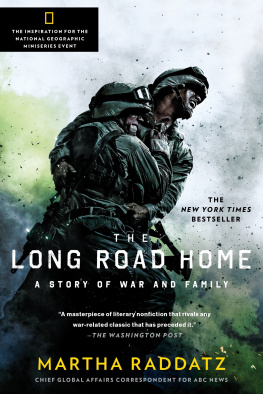

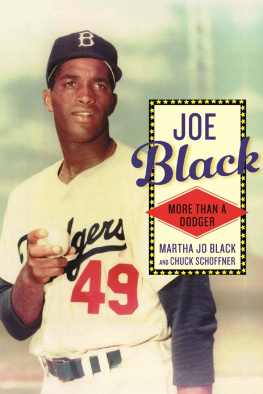
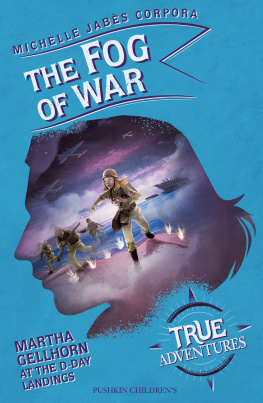
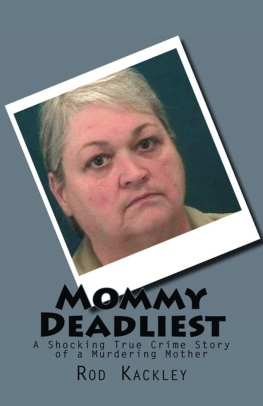
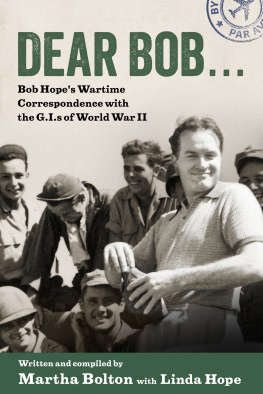

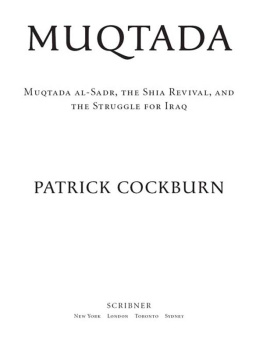
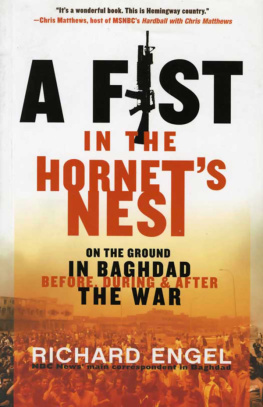



 1900 hours
1900 hours